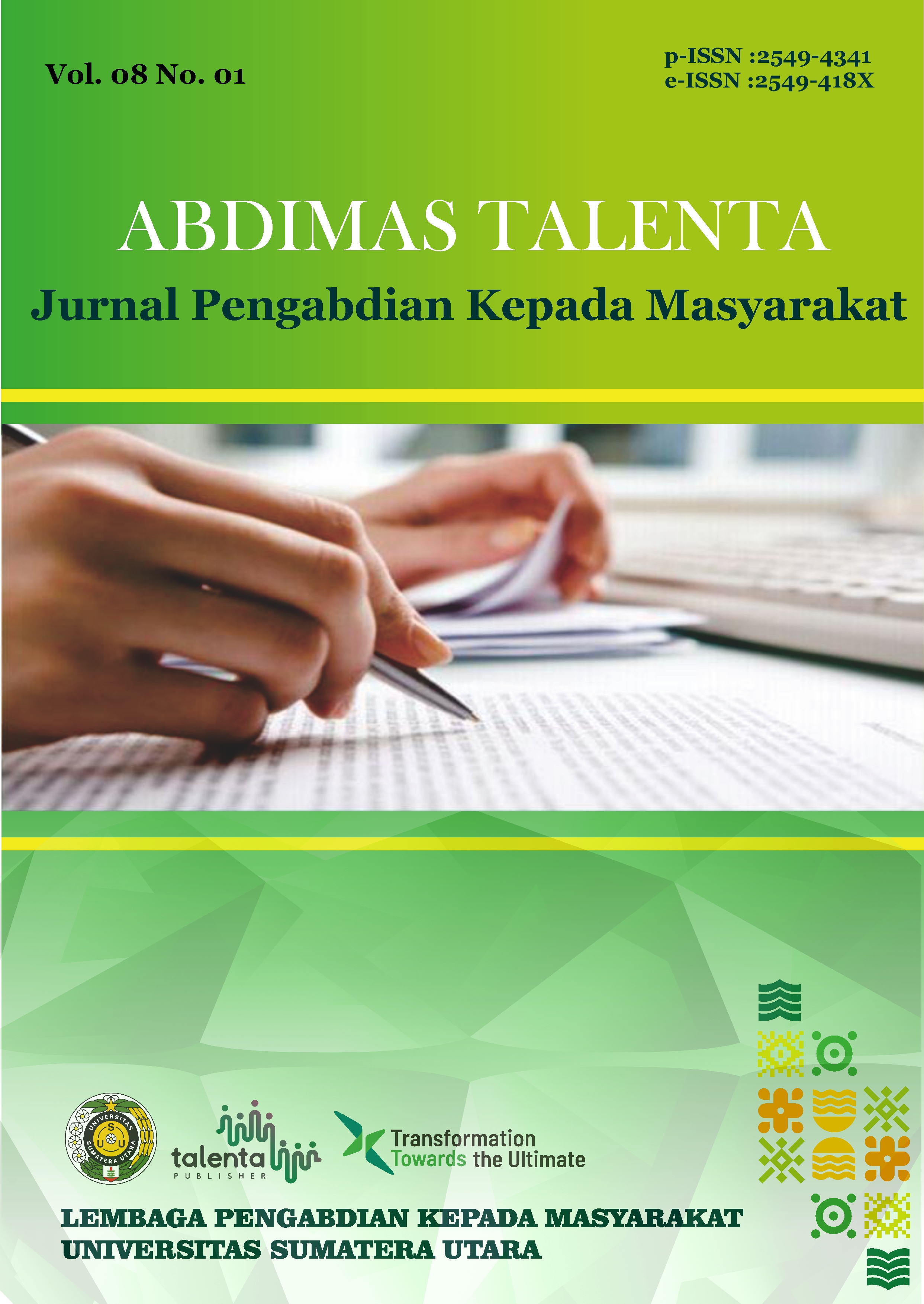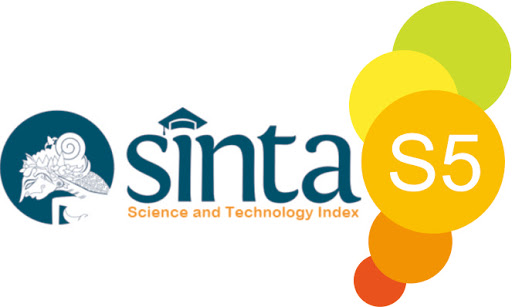Empowerment of Housewives Through Shibori Weaving Skills and Upgrading Knowledge Related to Dyes and Their Wastes
DOI:
https://doi.org/10.32734/abdimastalenta.v8i1.9291Keywords:
Shibori, Waste Water, DyeAbstract
LKP Girly Mode is one of the non-formal educational institutions in the field of sewing skills. This LKP personnel has skills in making shibori tie dye weaving, but still has limitations in coloring and advanced techniques. Shibori is one of dyeing textile techniques that produce fabrics with various colors and patterns. On the other hand, there are many housewives who depend their family income only on their husbands and need skills that are useful to improve family welfare. The community service team of USU has provided 1 unit of obras machine and 2 additional units of sewing machine to LKP Girly Mode. The team has also carried out a workshop to improve the skills of 12 housewives around the LKP. They were trained to make patterned fabrics using the shibori tie dye technique which were then sewn to produce pillowcase products. The sewing machines that have been handed over, directly used at the workshop and useful to support the operational activities of partners. The results of the training are expected to improve skills that support the empowerment of housewives. In the workshop, the Team also introduce about dyes and simple handling of its waste. The team then treated the remaining fabric dye solution so that a clear solution was obtained that was safely discharged into the water without polluting the environment.
Downloads
Downloads
Published
Issue
Section
License
Copyright (c) 1970 ABDIMAS TALENTA: Jurnal Pengabdian Kepada Masyarakat

This work is licensed under a Creative Commons Attribution-ShareAlike 4.0 International License.
The Authors submitting a manuscript do so on the understanding that if accepted for publication, copyright of the article shall be assigned to Jurnal Abdimas TALENTA as well as TALENTA Publisher Universitas Sumatera Utara as the publisher of the journal.
Copyright encompasses exclusive rights to reproduce and deliver the article in all forms and media. The reproduction of any part of this journal, its storage in databases and its transmission by any form or media, will be allowed only with written permission from Jurnal Abdimas TALENTA.
The Copyright Transfer Form can be downloaded here.
The copyright form should be signed originally and sent to the Editorial Office in the form of original mail or scanned document.












